Protests continue in Sri Lanka, as parliament elects Ranil Wickremesinghe as president
Anti-government protesters have returned to the streets of Sri Lanka’s capital after newly-appointed President Ranil Wickremesinghe vowed to crack down on the protests that toppled his predecessor, condemning them as “against the law.”
Sri Lanka’s parliament elected longtime politician Wickremesinghe as the country’s new president in a secret ballot on Wednesday. He previously served as prime minister to former President Gotabaya Rajapaksa, who fled the country a week ago after months of protests calling for his resignation.
Less than an hour after he was declared president on Wednesday, a court order was issued banning anyone from gathering within 50 meter of the statue at Galle Face in Colombo, where demonstrators have been camped out for months protest for the country’s economic collapse.
Wickremesinghe clearly said he would not tolerate the protests and would not be afraid to crack down on the demonstrations. “We will not allow a minority of protesters to suppress the aspirations of the silent majority clamoring for a change in the political system,” he said.
“If you try to topple the government, occupy the president’s office and the prime minister’s office, that is not democracy; it is against the law,” he said. “We will deal with them firmly according to the law.”
Wickremesinghe has been prime minister six times and is close to the Rajapaksa family. Rajapaksa’s appointments of Wickremesinghe as prime minister in May and then as acting president after he fled the country in July further angered protesters, who want the country’s ruling elite to go.
Protesters were also angry since they had been demanding Wickremesinghe’s removal for weeks, holding him partly responsible for the country’s unprecedented economic and political crisis. Wickremesinghe’s personal residence was set on fire last week and his office was also occupied during protests.
They fear that he would not effect the constitutional change being demanded by the protest movement, including an end to the system of executive presidency. Many protesters insist only a complete overhaul of government will satisfy their demands, and some pledged they would stay on the streets.
“We managed to kick out Gotabaya Rajapaksa, who secured 6.9 million votes, but Ranil Wickremesinghe has now secured that seat from the back seat,” Wasantha Mudalige, the leader of Inter University Student Federation, told the crowds. “Ranil isn’t our president… the people’s mandate is on the streets.”
Wickremesinghe is due to serve for the rest of Rajapaksa’s term, until November 2024. As soon he becomes president, the post of prime minister becomes vacant and the cabinet of ministers is dissolved. Wickremesinghe will also resign as a member of parliament. His immediate focus would be to find a suitable candidate for prime minister in the new administration.
Sri Lankans have been protesting for weeks amid an unprecedented economic meltdown that has brought the country to the brink of bankruptcy and increasingly unable to pay for food, fuel, and medicine. The country’s economy continues to face soaring inflation, and many Sri Lankans are still waiting hours in line to buy basic supplies, often at prices that have doubled or tripled in recent months. The World Food Programme’s most recent analysis reported that 86% of families in Sri Lanka were either skipping meals, eating less, or buying worse food.
Iran and Saudi FMs discuss outcomes of latest indirect Iran-US talks
UK's police arrest ex-prince Andrew over sex scandal linked to Epstein
Iran elected vice-chair of UN Special Committee on Charter
Iran envoy says decision made to exchange ambassadors with Egypt
Russia continues to develop relations with Iran: Kremlin
VIDEO | Friends of Palestine meet at UN in Vienna
Trump’s war-mongering on Iran sparks sharp rebuke from US lawmakers
Top American columnist warns of Netanyahu exploiting Trump for Iran war


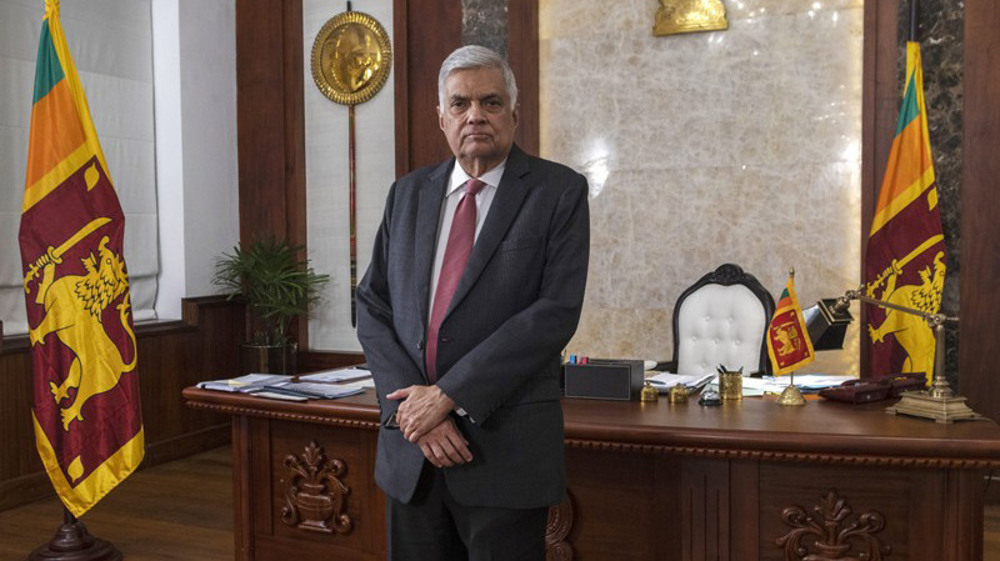






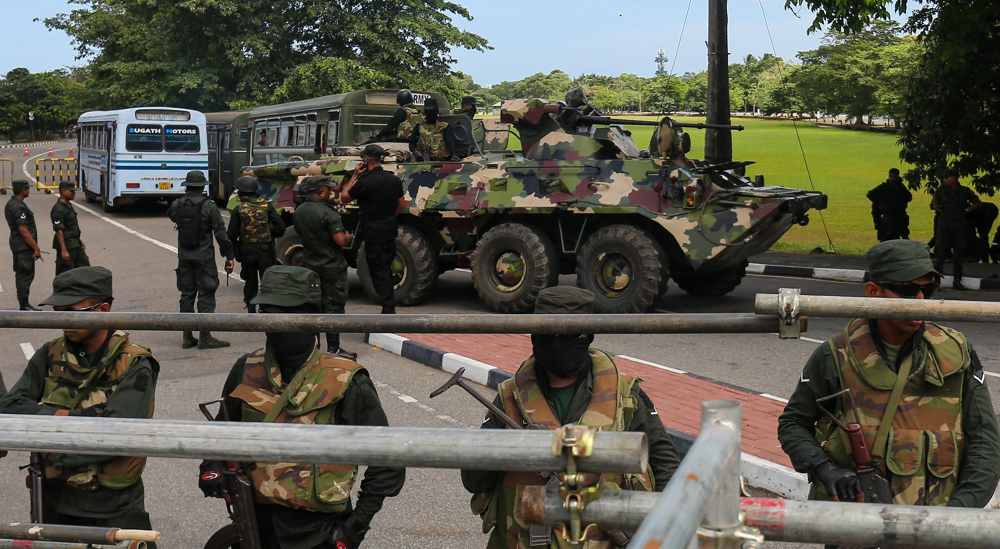
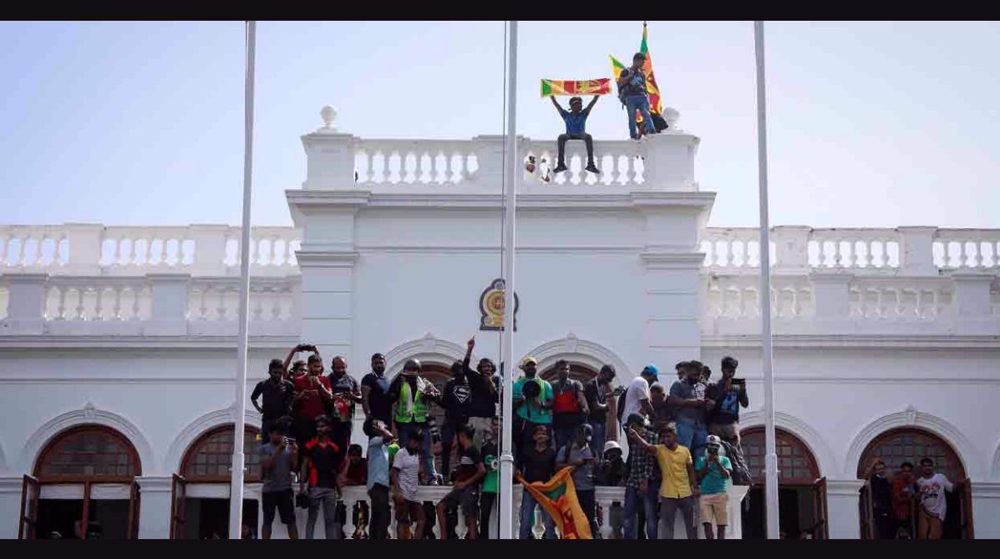
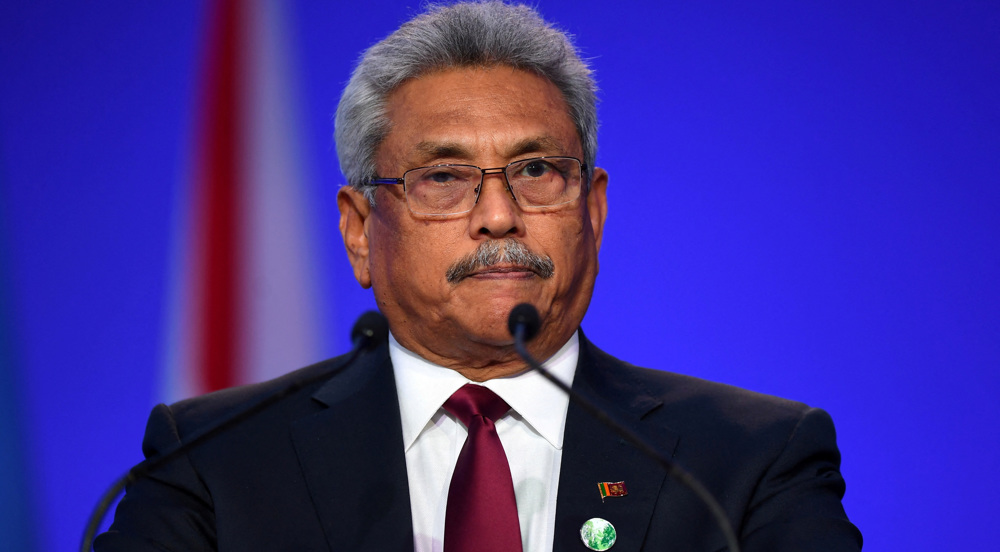
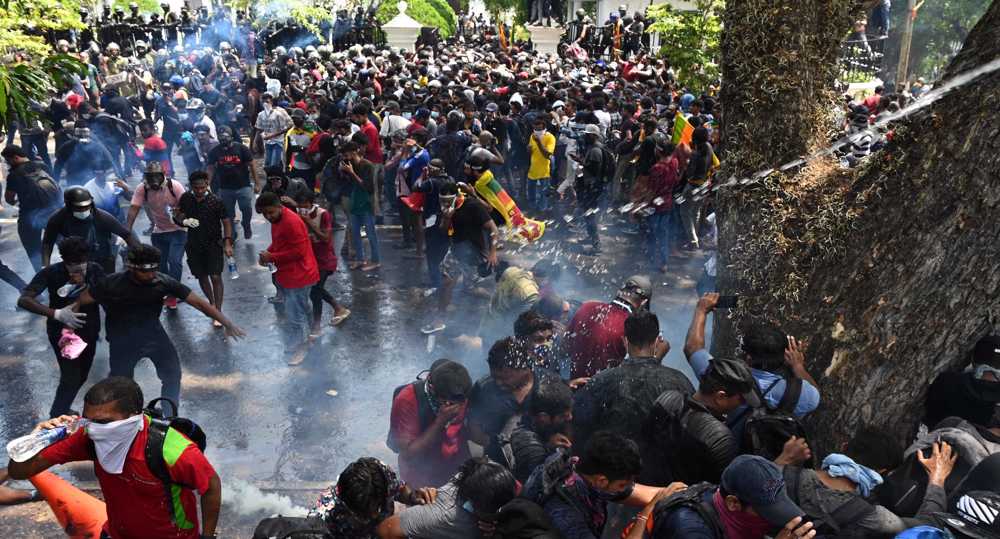

 This makes it easy to access the Press TV website
This makes it easy to access the Press TV website